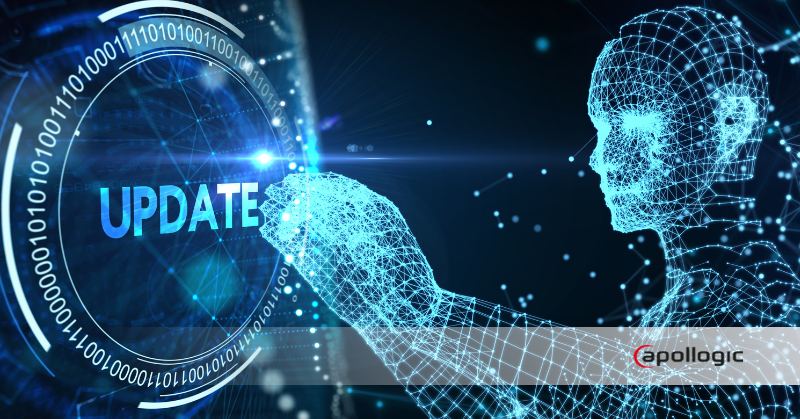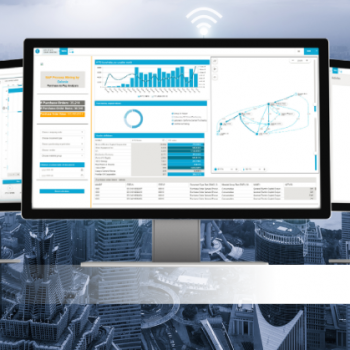Split payment – when does it come into force?

Bartosz Taberski, SAP SRM, SAP Finance Consultant
- 16th July 2019
- Knowledge base
- 2 min

Draft amendments to the VAT Act, containing provisions on split payment, have already been submitted to the Sejm. It refers, among others, to the trade in goods and services subject to the hitherto reverse charge. The amendment of the VAT Act is an element of the campaign aimed at tightening the VAT collection rate.
Mandatory split payment in 2019
Prime Minister Morawiecki announced at a press conference on 18 July that he had decided to postpone the date of entry into force of the obligation to apply the split payment until 1 November 2019, and on the next day, Sejm adopted this decision. Initially, the draft amendment to the Act assumed the date of 1 September this year. The reason for the change in the decision were the demands of entrepreneurs for additional time to adapt IT systems to the new regulations.
Application of the split payment method for receivables with a value of more than 15000 PLN concerns, among others:
- Construction works,
- Gasoline, diesel oil, gas for internal combustion engines,
- Parts and accessories for motor vehicles,
- Coal and related products,
- Electrical machinery, equipment and parts thereof,
- Some recyclable materials.
In such cases, suppliers will be required to include a specific reference on the invoices to inform the payer of the split payment obligation.
Invoices and split payment
The list of goods and services covered by the mandatory split payment is included in Annex 15 to the draft amendment to the VAT Act. The penalties for non-compliance with the new regulations will apply to both the payer and the seller. Compared to the previous assumptions, the draft provides for lower penalties for failure to provide information on the mandatory split payment on the invoice. Sanctions may reach 30% of the tax shown in the document (the previous draft assumed 100%). The amendment to the act provides for the possibility to pay other receivables from the VAT account, such as income tax and excise tax, customs liabilities, or social security contributions, which is a great convenience for taxpayers.
Do you want to adapt your SAP ERP system to new legal regulations?
- On 16/07/2019







0 Comments